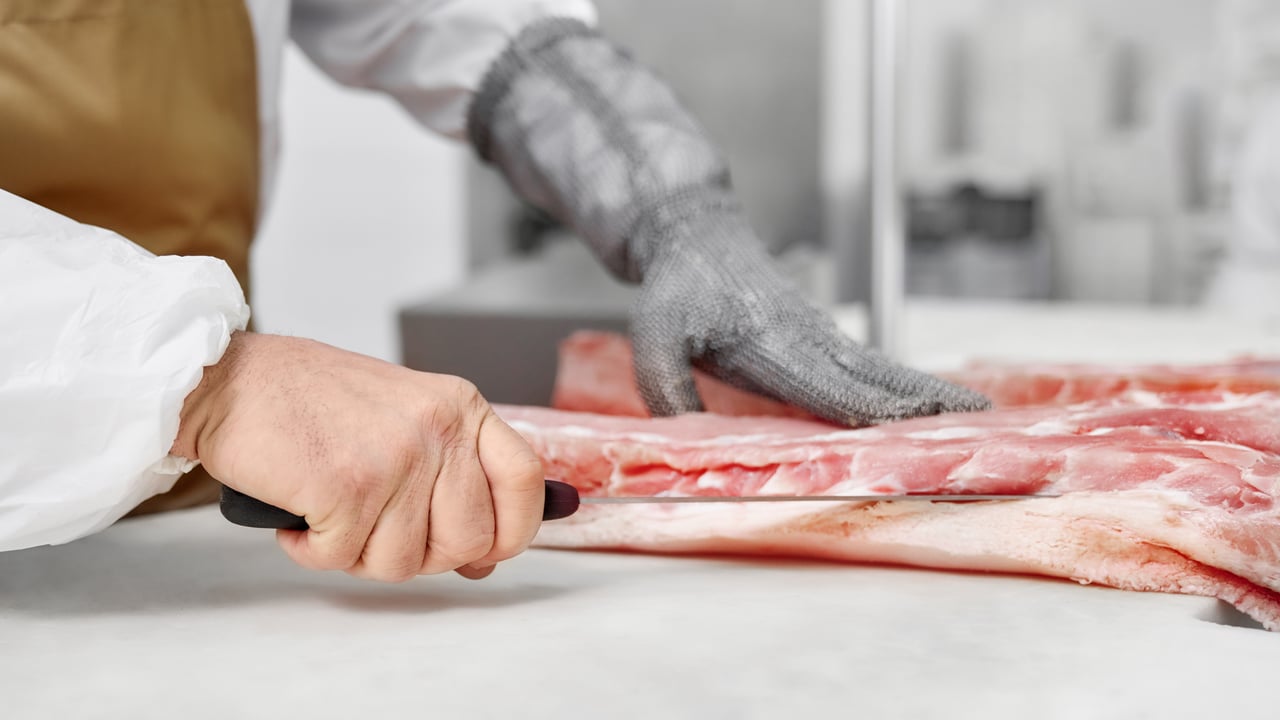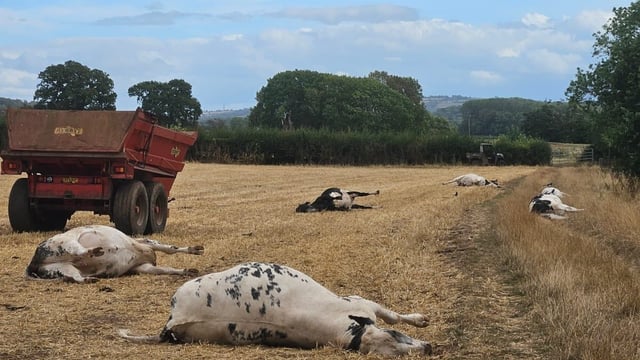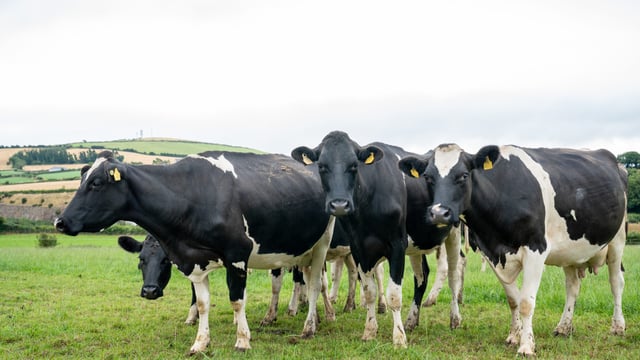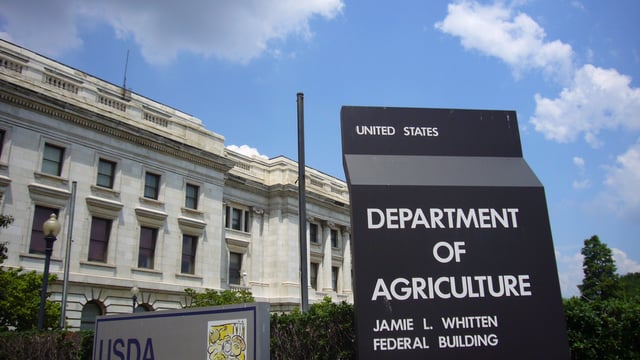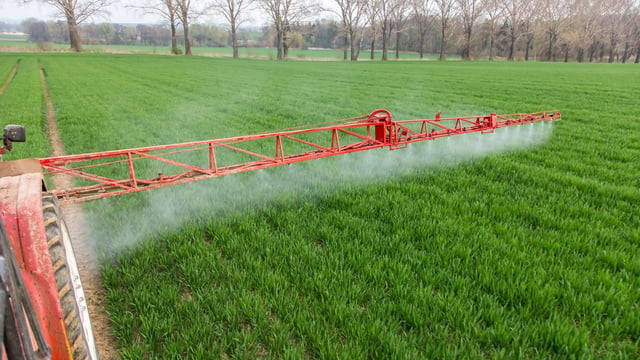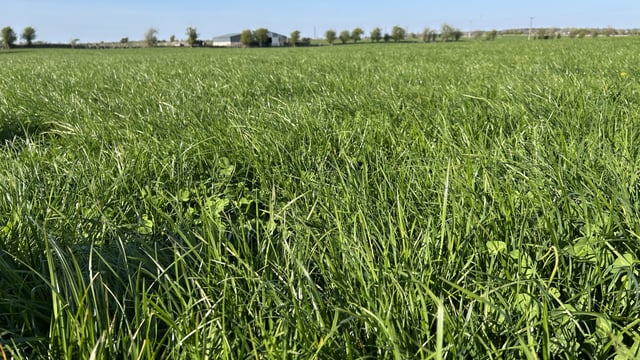Review of work permit salaries 'nearly finalised'
A review and associated report of increases to work permit salaries are "very nearly finalised", the Department of Enterprise, Tourism and Employment (DETE) has said.
They are expected to be submitted for the minister's consideration in the coming weeks, a department spokesperson said.
The Consultation on Increases to Employment Permit Minimum Annual Remuneration Thresholds closed in January 2025, having received over 150 submissions from a broad range of stakeholders and sectors.
The agri-food sector made the greatest number of submissions, representing 24% of all responses.
"The information received in these submissions, alongside additional stakeholder engagement and analysis, has greatly informed the review and has been considered in its findings," the DETE spokesperson said.
Concerns
The agri-food sector previously voiced its concerns on proposed increases to minimum annual remuneration (MAR) for employment permits.
In December 2023, the department published a roadmap of increases to the MAR.
The MAR is the lowest annual salary for which an employment permit can be issued.
The first of these increases came into effect on January 17, 2024.
The roadmap raised the MAR thresholds for most roles, including for dairy farm assistants and meat deboners, to €34,000 in January 2024, with a proposed increase to €39,000 in 2025, which was deferred.
Exemptions were made for the lower paid roles of meat processing operatives and horticultural roles, which must have an annual remuneration of at least €30,000 since January 2024.
The MAR for these roles was to increase to €32,000 in January 2025, and to €39,000 in January 2026.
A department spokesperson said that following the implementation of the initial phase of the roadmap, it has had "extensive engagement with external stakeholders".
"In light of concerns raised during this engagement, relating to the general increased costs of doing business, a review of the roadmap was commenced in late 2024," the spokesperson said.
Irish Farmers' Association (IFA) farm business chairperson Bill O'Keeffe told Agriland that increases to the MAR have an impact on the cost of production on farms, with sectors such as horticulture "very vulnerable".
"Any extra cost is just an extra burden on farmers and increases the cost of production - it makes it very hard to compete internationally," O'Keeffe said.
Occupations lists
Meanwhile, a public consultation on the review of the occupations lists for work permits is currently taking place.
The department said that these lists are used to administer Ireland’s employment permits policy.
The Ineligible Occupations List covers occupations for which there is an adequate supply of labour and skills with Ireland and the European Economic Area (EEA), and for which an employment permit will not be issued.
The Critical Skills Occupations List relates to occupations in short supply in Ireland and across the EEA.
The last review of the occupations lists took place in 2023, and resulted in 11 additional roles being placed on the critical skills list, and 32 roles being made eligible for a general employment permit.

